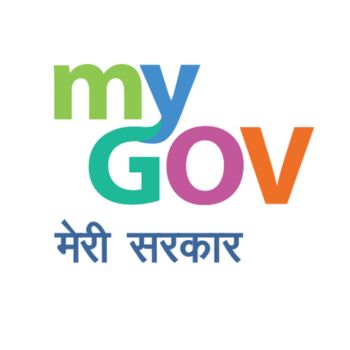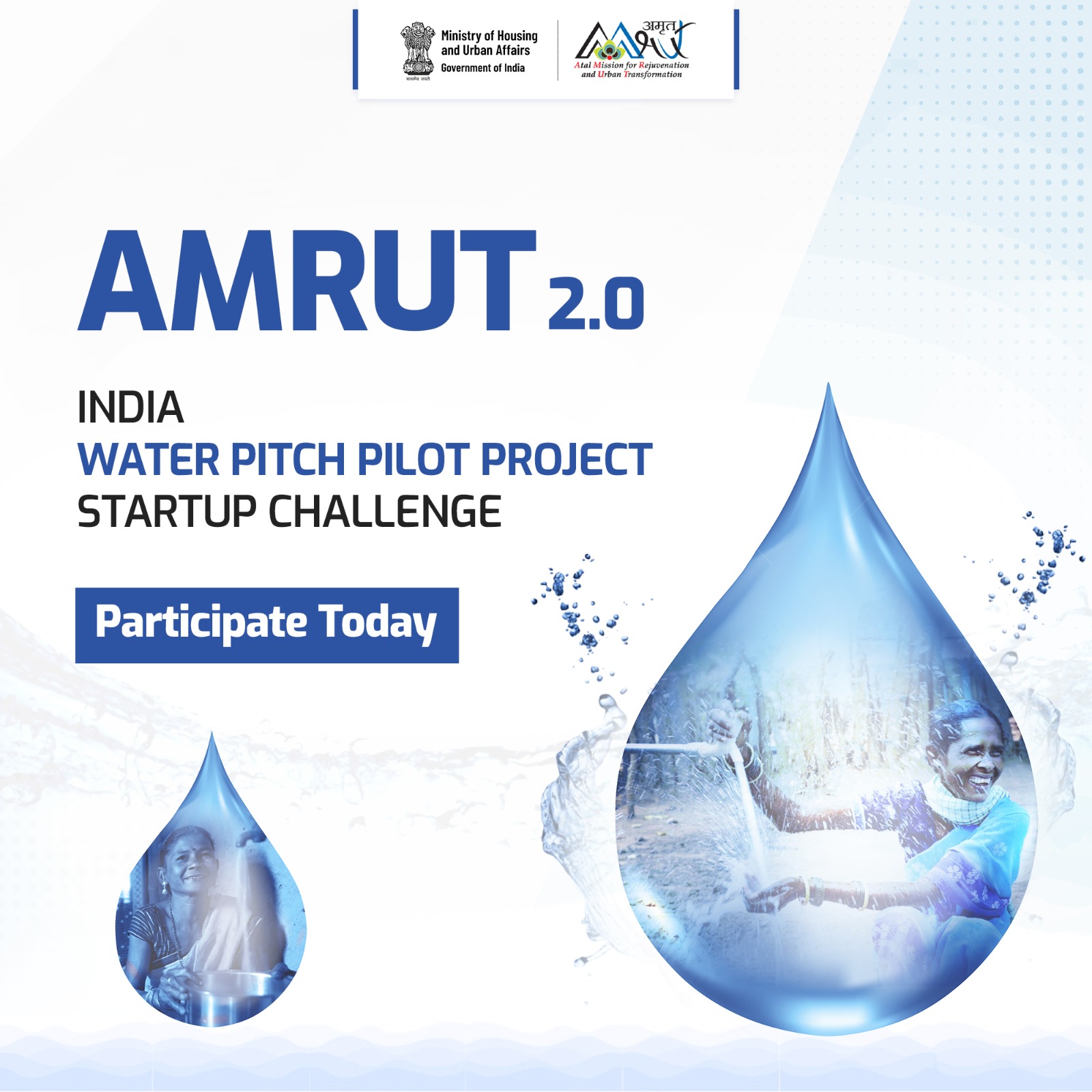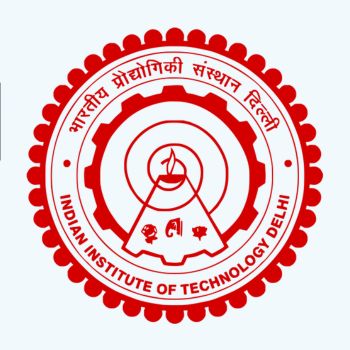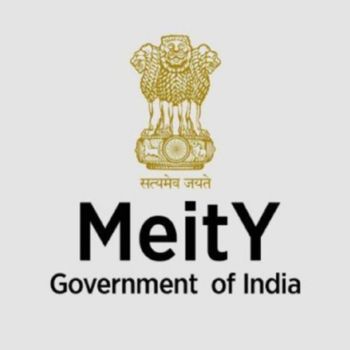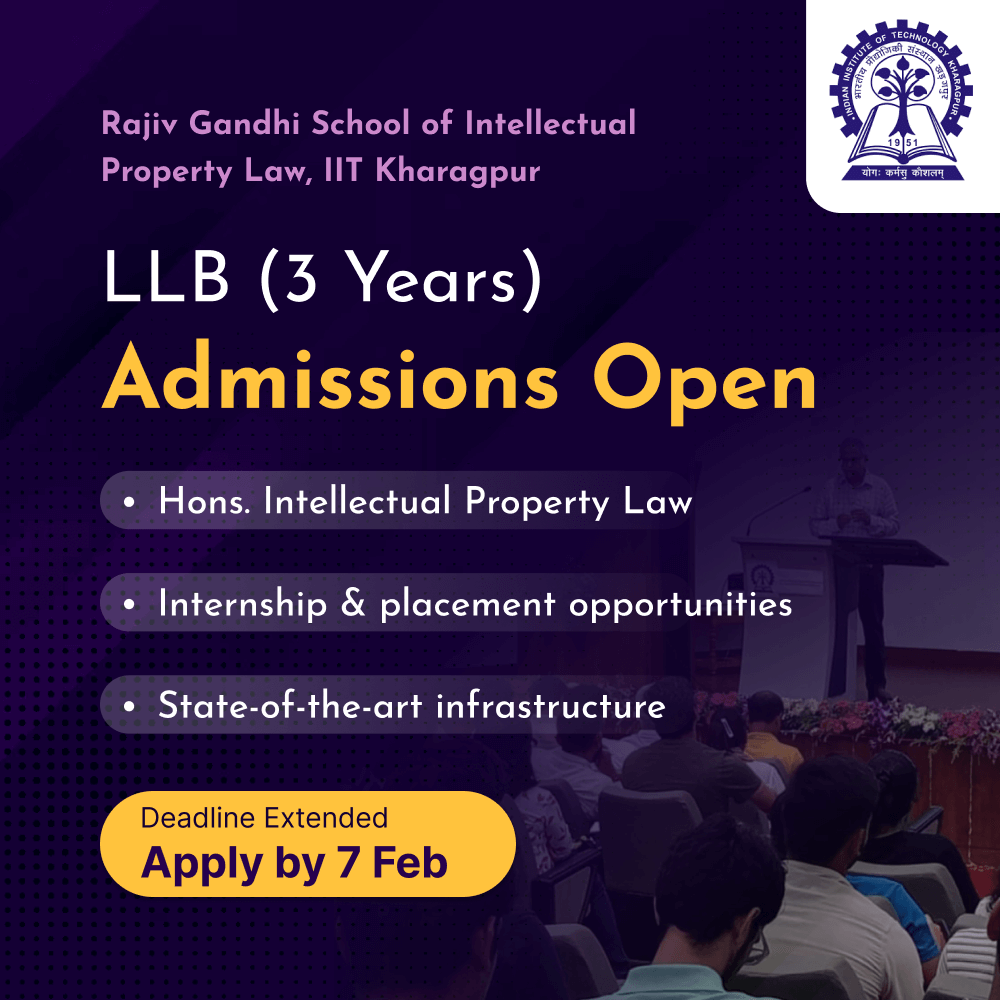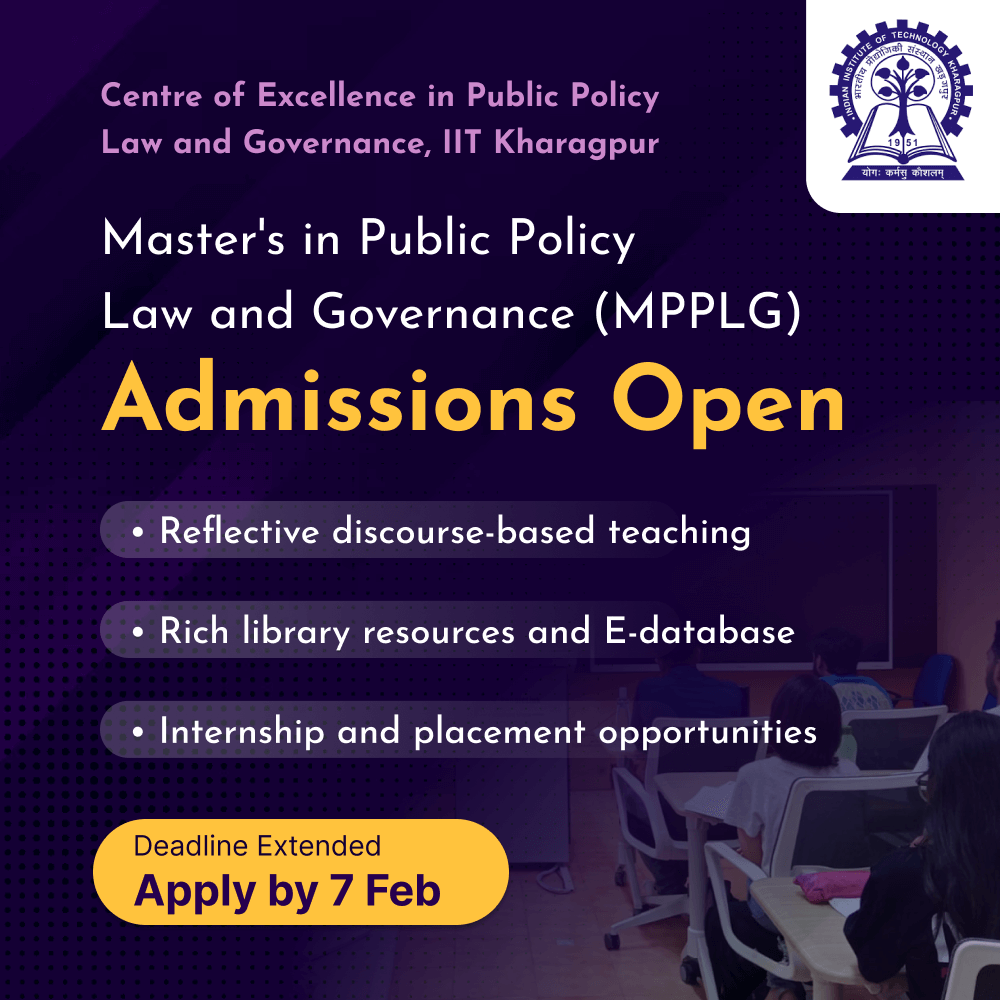CDAC PG Diploma course is one of the most opted programs by young engineers to sharpen and build new skills for their career growth.
About CDAC
Center for Development of Advanced Computing (C-DAC) is a self-governing scientific body of India under the Ministry of Electronics and Information Technology. This article will provide precise information on the top 5 CDAC courses.

Centre for Development of Advanced Computing (C-DAC) is the premier R&D organization of the Ministry of Electronics and Information Technology (MeitY) for carrying out R&D in IT, Electronics and associated areas. Different areas of C-DAC had originated at different times, many of which came out as a result of the identification of opportunities.
- The setting up of C-DAC in 1988 itself was to build Supercomputers in the context of the denial of import of Supercomputers by the USA.
- Since then C-DAC has been building multiple generations of Supercomputers starting from PARAM with 1 GF in 1988.
C-DAC represents a unique facet working in close junction with MeitY to realize the nation’s policy and pragmatic interventions and initiatives in Information Technology. As an institution for high-end Research and Development (R&D), C-DAC has been at the forefront of the Information Technology (IT) revolution, constantly building capacities in emerging/enabling technologies and innovating and leveraging its expertise, calibre, and skill sets to develop and deploy IT products and solutions for different sectors of the economy, as per the mandate of its parent, the Ministry of Electronics and Information Technology.
How Does Our Centre Operate?
Cyber Security Operation Center
CDAC provides 24×7 Managed Security Services and Managed Detection and Response services to organizations across verticals with a centralized security monitoring system, enabling them to detect & respond to any cyber security incident. Services offered by CDAC shall eliminate the need for large capital and manpower investment for an in-house Security Operations Centre (SOC)
About C-CAT Examination
C-CAT has three sections (Section A, Section B, Section C) of one-hour duration each. As shown in Table 5, depending on the category of courses selected by the candidate, he/she will have to either appear for just one test paper (Section A) or two test papers (Section A and Section B) or all three test papers (Section A, Section B and Section C). The medium of C-CAT is English.
Important Note: A candidate can appear only for the specific section(s) in C-CAT as per the category of the courses opted for by him/her at the time of filling out the online application form.
- Every section in C-CAT will have 50 objective-type questions.
- Each question will have four choices as possible answers of which only one will be correct.
- There will be +3 (plus three) marks for each correct answer, -1 (minus one) for each wrong answer, and 0 (zero) marks for each un-attempted question.
- The maximum mark a candidate can obtain in any one section of the C-CAT is 150.
How to Register?
The process of admission to C-DAC’s PG Diploma courses begins with online registration. Candidates are advised to read the instructions carefully while filling out the online registration and application forms. Upon registering, candidates will get their Form Number which can be used to log in, fill and complete the C-CAT application form.
- Admissions to all Post Graduate Diploma courses of C-DAC are done through C-DAC’s computerized Common Admission Test (C-CAT).
- Candidates who wish to apply for C-CAT on July 30 or 31, 2022 (updated C-CAT dates) please Click Here.
- Every year, C-CAT is conducted in December / January (for February / March admissions) and June / July (for August / September admissions).
- Candidates who qualify for the upcoming C-CAT scheduled on July 30 / 31, 2022 will only be considered for admission to C-DAC’s Post Graduate Diploma courses of the September 2022 batch on the basis of their C-CAT ranks and can further participate in counselling rounds.
1. PG Diploma In Advanced Computing (PG-DAC)
PG-DAC is the most popular PG Diploma course of C-DAC. The course is targeted towards engineering graduates and MCA/MSc who wish to venture into the domain of advanced computing. The entire course syllabus, courseware, teaching methodology and course delivery have been derived from the rich research and development background of C-DAC. Running successfully for 25 years, the PG-DAC course has produced thousands of professionals, who are well-positioned in the industry today.
Eligibility Criteria
The education eligibility criteria for the PG-DAC course are:
- Graduate in Engineering (10+2+4 or 10+3+3 years) in IT / Computer Science / Electronics / Telecommunications / Electrical / Instrumentation, OR MSc/MS (10+2+3+2 years) in Computer Science, IT, Electronics OR
- Graduate in any discipline of Engineering, OR
- MCA, MCM, OR
- Post Graduate Degree in Physics/ Mathematics / Statistics, OR
- Post Graduate Degree in Management with graduation in IT / Computer Science / Computer Applications.
- The candidates must have secured a minimum of 50% marks in their qualifying examination.
Course Fees
The Post Graduate Diploma in Advanced Computing (PG-DAC) course will be delivered in fully ONLINE or fully PHYSICAL mode. The total course fee and payment details for the fully PHYSICAL or fully ONLINE mode of delivery are as detailed herein below:
PHYSICAL Mode of Delivery
- The course fee for the fully PHYSICAL mode of delivery is INR. 90,000/- plus Goods and Service Tax (GST) as applicable by the Government of India (GOI). The course fees for the PG-DAC course have to be paid in two instalments as per the schedule.
- The first instalment is INR. 10,000/- plus Goods and Service Tax (GST) as applicable by GOI.
- The second instalment is INR. 80,000/- plus Goods and Service Tax (GST) as applicable by GOI.
ONLINE Mode of Delivery:
- The course fee for the fully ONLINE mode of delivery is INR. 76,500/- plus Goods and Service Tax (GST) as applicable by GOI.
- The course fees for the PG-DAC course have to be paid in two instalments as per the schedule.
- The first instalment is INR. 10,000/- plus Goods and Service Tax (GST) as applicable by GOI.
- The second instalment is INR. 66,500/- plus Goods and Service Tax (GST) as applicable by GOI.
The course fee includes expenses towards delivering classes, conducting examinations, final mark list and certificate, and placement assistance provided.
- The first instalment course fee of Rs 10,000/- + GST on it as applicable at the time of payment is to be paid online as per the schedule.
- It can be paid using credit/debit cards through the payment gateway.
- The first instalment of the course fees is to be paid after the seat is allocated during counselling rounds.
- The second instalment of the course fees is to be paid before the course commencement through NEFT.
NOTE: Candidates may take note that no Demand Draft (DD) or cheque or cash will be accepted at any C-DAC training centre towards payment of any instalment of course fees.
Course Contents
- Algorithms and Data Structures Using Java
- Concepts of Programming & Operating Systems
- Microsoft .NET Technologies
- Object Oriented Programming with Java
- Software Development Methodologies
- Web Programming Technologies
- Web-Based Java Programming
- Database Technologies
- General Aptitude and Effective Communication
Project
In addition to the specific subject knowledge, the Software Project module attempts to put into practice a number of things that the students have learned during the PG-DAC course, such as:
- Ability to work in a team
- Software development methodology and principles
- Good programming practices
- Technical reporting and presentation.
The Software Project module is divided into three phases.
- SRS Phase:
Tasks: Requirements gathering, feasibility study and project thinking. - Design Phase:
Tasks: Software design and project plan. - Development Phase:
Tasks: Coding and testing of the software system/application.
To view more information on PG Diploma In Advanced Computing course structure click here.
Course Outcome
After completion of the course, students will be able to acquire the following skills:
- Use technologies to access and interpret information effectively.
- Apply their analytical skills to investigate unfamiliar problems using web technologies like HTML 5.0, CSS, JavaScript, Jquery, and Angular JS.
- Use quantitative data confidently and competently.
- Use communication technologies competently.
- Understand the multi-tier architecture of web-based enterprise applications using. Enterprise JavaBeans. Integrate Servlets and JSPs with EJB and Databases in the J2EE application.
- Understand .net architecture, and develop and maintain the application.
2. PG Diploma in Big Data Analytics (PG-DBDA)
The theoretical and practical mix of the Post Graduate Diploma in Big Data Analytics (PG-DBDA) programme has the following focus:
- To explore the fundamental concepts of big data analytics with in-depth knowledge and understanding of the big data analytics domain.
- To understand the various search methods and visualization techniques and to use various techniques for the mining data stream.
- To analyze and solve problems conceptually and practically from diverse industries, such as government manufacturing, retail, education, banking/ finance, healthcare and pharmaceutical.
- To undertake consulting and industrial projects with significant data analysis components for a better understanding of the theoretical concepts from statistics, and economics and building future solutions data analytics to make an impact in technological advancement.
- To use advanced analytical tools/ decision-making tools/ operation research techniques to analyze complex problems and get ready to develop such new techniques for the future.
Course Fees
The Post Graduate Diploma in Big Data Analytics (PG-DBDA) course will be delivered in fully ONLINE or fully PHYSICAL mode. The total course fee and payment details for the fully PHYSICAL or fully ONLINE mode of delivery are as detailed herein below:
1. PHYSICAL Mode of Delivery
The course fee for the fully PHYSICAL mode of delivery is INR. 1,15,000/- plus Goods and Service Tax (GST) as applicable by the Government of India (GOI). The course fee for PG-DBDA has to be paid in two instalments as per the schedule.
- The first instalment is INR. 10,000/- plus Goods and Service Tax (GST) as applicable by GOI.
- The second instalment is INR. 1,05,000/- plus Goods and Service Tax (GST) as applicable by GOI.
2. ONLINE Mode of Delivery
The course fee for the fully ONLINE mode of delivery is INR. 97,750/- plus Goods and Service Tax (GST) as applicable by GOI. The course fee for PG-DBDA has to be paid in two instalments as per the schedule.
- The first instalment is INR. 10,000/- plus Goods and Service Tax (GST) as applicable by GOI.
- The second instalment is INR. 87,750/- plus Goods and Service Tax (GST) as applicable by GOI.
The course fee includes expenses towards delivering classes, conducting examinations, final mark list and certificate, and placement assistance provided.
Course Content
- Advanced Analytics Using Statistics
- Big Data Technologies
- Data Collection and DBMS (Principles, Tools and Platforms)
- Data Visualization – Analysis and Reporting
- Linux Programming and Cloud Computing
- Object Oriented Programming with Java
- Practical Machine Learning
- Python and R Programming
To view more information on PG Diploma in Big Data Analytics course structure click here.
Course Outcome
After completing this course students will be trained in statistics and machine learning using Python. They will make data-driven decisions which provide them with a competitive advantage in the market, technologies like Hadoop, Spark, Hive, and Machine Learning provide a springboard for AI which makes them ready for Industry 4.0. At the end of the course, students will be able to work as Data Analysts, Data Engineers. Studying Big Data will broaden their horizon by surpassing market forecasts/predictions for Big Data Analytics.
3. PG Diploma In VLSI Design (PG-DVLSI)
The dynamic curriculum of VLSI fits perfectly with the career aim of working professionals, and graduate and post-graduate students. The below-mentioned focus areas intend to help them to be future-proof and remain relevant in the rapidly evolving Semiconductor technology space. PG-DVLSI course focus on the following:
To provide a rigorous foundation in MOS and CMOS digital circuits, System Building Blocks and FPGA architecture and train the students in transistor budgets, clock speeds and the growing challenges of power consumption and productivity
Understand behavioural and RTL modelling of digital circuits, and design combinational and sequential circuits using Verilog HDL.
- Verify and design the digital circuit by means of Computer Aided Engineering tools that involve programming with the help of Verilog HDL
- To simulate, synthesize, and program the designs on a development board.
- To verify that a design meets its timing constraints, both manually and through the use of computer-aided design tools.
Gain the ability to analyze, design, and implement VLSI Systems. Learn to apply modern skills, techniques, and industry tools to create VLSI Circuits and Systems.
To undertake industrial research projects for the development of future solutions in the domain of Verilog Scale Integration to make an impact on technological advancement.
Eligibility Criteria
The educational eligibility criteria for the PG-DVLSI course is
- Graduate in Engineering (10+2+4 or 10+3+3 years) in IT / Computer Science / Electronics / Telecommunications / Electrical / Instrumentation, OR
- M.Sc. /M.S. (10+2+3+2 years) in Computer Science, IT, and Electronics.
- The candidates must have secured a minimum of 55% marks in their qualifying examination.
Course Fees
PG-DVLSI course will be delivered in fully PHYSICAL mode. The total course fee and payment details is as detailed herein below:
The total course fee is INR. 90,000/- plus Goods and Service Tax (GST) as applicable by the Government of India (GOI).
The course fees for PG-DVLSI have to be paid in two instalments as per the schedule.
- The first instalment is INR. 10,000/- plus Goods and Service Tax (GST) as applicable by GOI.
- The second instalment is INR. 80,000/- plus Goods and Service Tax (GST) as applicable by GOI.
The course fee includes expenses towards delivering classes, conducting examinations, final mark list and certificate, and placement assistance provided.
The first instalment course fee of Rs 10,000/- + GST on it as applicable at the time of payment is to be paid online as per the schedule. It can be paid using credit/debit cards through the payment gateway.
Course Content
System Building Blocks: Computer Architecture, Memory Architecture, Introduction to SPI, I2C, UART, eSPI, USB.
FPGA Architecture: Architecture study of some popular FPGA families (Ultra Scale architecture), Detailed study of an AMD-Xilinx high-end FPGA family, Architecture of Microcontrollers in FPGA (ARM), The backend tools, Integrating non-HDL modules: Building macros, Introduction to System on Chip (SOC), Multicore Architecture.
Course Outcome
After completion of the course, students will be able to develop Field-Programmable Gate Array (FPGA) implementations, Application-Specific Integrated Circuit (ASIC) designs, CMOS designs and SoCs in the VLSI industry as VLSI designers/ chip designers. Students will also be able to develop a programmable chip using Verilog and system Verilog languages.
4. PG Diploma in IT Infrastructure, Systems & Security (PG-DITISS)
The theoretical and practical mix of the Post Graduate Diploma in IT Infrastructure, Systems and Security (PG-DITISS) programme has the following focus:
- To understand the Concepts of Data Centre Management, applications security implementation and use various techniques for Ethical Hacking and Cyber Forensics
- To analyze the Threats Detection Techniques, Intrusion Detection and Prevention measures
- To use advanced tools/ decision-making tools/ techniques to analyze complex problems and get ready to develop such new techniques for the future
- To learn cloud computing, accessing resources & services needed to perform functions with dynamically changing needs thereby implementing cloud privacy & security concepts on cloud platforms to create a secure cloud environment.
- To analyze and solve problems conceptually and practically from diverse industries, such as government manufacturing, retail, education, banking/ finance, healthcare and pharmaceutical.
- To undertake industrial research projects for the development of future solutions in the domain of Information Security to make an impact on technological advancement.
PG-DITISS is targeted towards grooming students in the arena of human-computer interaction and cyber and network security. The objective of this course is to enable the students to understand the concepts of network security and learn the techniques for detecting attacks and securing a network from internal and external attacks.
Eligibility Criteria
The educational eligibility criteria for the PG-DITISS course are as follows:
- Graduate in Engineering (10+2+4 or 10+3+3 years) in IT / Computer Science / Electronics / Telecommunications / Electrical / Instrumentation, OR
- MSc/MS (10+2+3+2 years) in Computer Science, IT, Electronics OR
- Post Graduate in Mathematics / Statistics, OR
- MCA
- The candidates must have secured a minimum of 55% marks in their qualifying examination.
Course Fees
PG-DITISS course will be delivered in fully PHYSICAL mode. The total course fee and payment details are as detailed herein below: The total course fee is INR. 90,000/- plus Goods and Service Tax (GST) as applicable by the Government of India (GOI). The course fee for PG-DITISS has to be paid in two instalments as per the schedule.
- The first instalment is INR. 10,000/- plus Goods and Service Tax (GST) as applicable by GOI.
- The second instalment is INR. 80,000/- plus Goods and Service Tax (GST) as applicable by GOI.
The course fee includes expenses towards delivering classes, conducting examinations, final mark list and certificate, and placement assistance provided.
The first instalment course fee of Rs 10,000/- + GST on it as applicable at the time of payment is to be paid online as per the schedule. It can be paid using credit/debit cards through the payment gateway.
Course Contents
- Compliance Audit
- Cyber Forensics
- IT Infrastructure Management & DevOps
- Public Key Infrastructure
- Aptitude and Effective Communication
- Project
- Fundamentals of Computer Networks
- Concept of Operating System and Administration
- Network Defense and Countermeasures (NDC)
- Security Concepts
To view more information on PG Diploma in IT Infrastructure, Systems & Security course structure click here.
5. PG Diploma in Artificial Intelligence
The objective of the PG-DAI course is to present in-depth knowledge and applications in Artificial Intelligence using tools and case studies. Upon completion of this course, participants will be empowered to use computational techniques in the area of Artificial Intelligence, Natural Language Processing, Machine Learning and Deep Learning-based applications.
Eligibility Criteria
The educational eligibility criteria for the PG-DAI course are as follows:
- Graduate in Engineering (10+2+4 or 10+3+3 years) in IT / Computer Science / Electronics / Telecommunications / Electrical / Instrumentation, OR
- MSc/MS (10+2+3+2 years) in Computer Science, IT, Electronics OR
- Graduate in any discipline of Engineering, OR
- Post Graduate Degree in Mathematics/ Statistics/ Physics, OR MCA, MCM.
- The candidate must have 60% in the qualifying degree.
Course Fees
The Post Graduate Diploma in Artificial Intelligence course will be delivered in fully ONLINE or fully PHYSICAL mode. The total course fee and payment details for the fully PHYSICAL or fully ONLINE mode of delivery are as detailed herein below:
1. PHYSICAL Mode of Delivery:
The course fee for the fully PHYSICAL mode of delivery is INR. 1,50,000/- plus Goods and Service Tax (GST) as applicable by the Government of India (GOI).
The course fee for PG-DAI has to be paid in two instalments as per the schedule.
- The first instalment is INR. 10,000/- plus Goods and Service Tax (GST) as applicable by GOI.
- The second instalment is INR. 1,40,000/- plus Goods and Service Tax (GST) as applicable by GOI.
2. ONLINE Mode of Delivery:
The course fee for the fully ONLINE mode of delivery is INR. 127,500/- plus Goods and Service Tax (GST) as applicable by GOI.
The course fee for PG-DAI has to be paid in two instalments as per the schedule.
- The first instalment is INR. 10,000/- plus Goods and Service Tax (GST) as applicable by GOI.
- The second instalment is INR. 117,500/- plus Goods and Service Tax (GST) as applicable by GOI.
The course fee includes expenses towards delivering classes, conducting examinations, final mark list and certificate, and placement assistance provided.
Course Contents
- Advanced Programming using Python
- AI Compute Platforms, Applications and Trends
- Data Analytics
- Deep Neural Networks
- Fundamentals of Artificial Intelligence
- Mathematics for AI
- Natural Language Processing & Computer Vision
- Practical Machine Learning
- Project
- Aptitude and Effective Communication
To view more information on PG Diploma in Artificial Intelligence course structure click here.
Course Outcome
PG Diploma in Artificial Intelligence (PG-DAI) comprehensive programme that combines Data Science, Machine Learning and Deep Learning to prepare candidates for the roles of Applied AI Scientists, Applied AI engineers, AI architects, Technology architects, Solution Engineers, and Technology Consultants.
FAQs
What is the Eligibility for PG-Diploma in Advanced Computing?
Graduate in Engineering (10+2+4 or 10+3+3 years) in IT / Computer Science / Electronics / Telecommunications / Electrical / Instrumentation.
OR
MSc/MS (10+2+3+2 years) in Computer Science, IT, and Electronics.
Graduate in any discipline of Engineering or equivalent, OR
MCA/MCM, OR
Post Graduate in Physics/ Computational Sciences/ Mathematics or allied areas, OR
Post Graduate in Management with graduation degree in Science/ IT/ Computers
The candidates must have secured a minimum of 50% marks in their qualifying examination.
Q: What is the selection criterion?
Q: What is the Fee of course?
Q: Duration of the course?
Q. What is the medium of instruction for PG Diploma Courses?
Q: Do you have a centralized placement cell?
Q: What is the value of the course in the international market?
Q: What Fee for the PG-DBDA course?
Q: Duration of the PG-DBDA course?
Q: When does the PG-DBDA course commence?
Q. What is the Fee for the PG-DVLSI course?
Q: Duration of the PG-DVLSI course?
Some Projects Overview
Vehicle Control Unit (VCU) & Smart Meter

Information Security Education and Awareness (ISEA)

CDAC Training Centres
- Bengaluru
- Bhubneshwar
- Chennai
- Guwahati
- Hyderabad
- Indore
- Jaipur
- Karad
- Kochi
- Kolkata
- Mumbai
- Nagpur
- Nasik
- New Delhi
- Noida
- Patna
- Pune
- Ranchi
- Silchar
- Thiruvananthapuram
To view the training centre address Click here.

